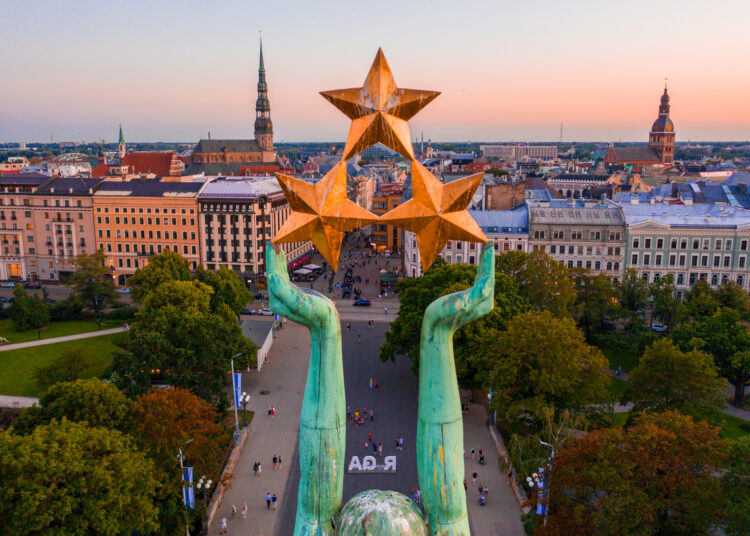The global Golden Visa industry is projected to hit a staggering $100 billion valuation by 2025, driven by rising demand for second citizenship and residency programs. The surge in interest comes as high-net-worth individuals (HNWIs) seek stability, freedom of movement, and investment opportunities amid global uncertainties.
Factors Driving the Growth of the Golden Visa Market
1.Increased Demand for Global Mobility
Economic and geopolitical challenges have fueled a surge in demand for European residency options. Programs such as Portugal, Greece, and Latvia’s Golden Visa offer visa-free access to the Schengen Zone, making them highly attractive to investors.
2.Strategic Investment Opportunities
Golden Visa programs often require real estate or business investments, creating lucrative opportunities for HNWIs. Countries like Portugal and Spain have emerged as top destinations due to their booming property markets and tax incentives.
3.Post-Pandemic Priorities
The pandemic accelerated the trend of seeking “Plan B” residencies, with investors prioritizing healthcare access, lifestyle, and education for their families.
Expert Insights: Yusuf Boz’s Take on the Industry Growth
Yusuf Boz, founder of Notte Global, shared his perspective on the industry’s upward trajectory:
“The Golden Visa market is not just about residency; it’s about access to opportunity. With programs like Greece’s and Latvia’s offering flexible investment thresholds, more investors are taking advantage of these pathways to secure their future in Europe.”
Boz emphasized the role of strategic decision-making:
“Investors should carefully evaluate programs, considering regulatory updates and economic returns. Being informed and proactive ensures you make the right investment choice.”
Top-Performing Golden Visa Programs
•Portugal: With a starting investment of €280,000 in real estate, Portugal offers one of the shortest paths to citizenship in Europe.
•Greece: Despite recent changes in the minimum threshold, the program remains one of the most affordable in the EU.
•Spain: The Spanish Golden Visa, requiring a €500,000 investment, remains a favorite due to the country’s strong real estate market.
Boz highlighted these programs as key players contributing to the projected $100 billion market valuation.
Challenges Facing the Golden Visa Market
While the market is expanding rapidly, challenges persist:
•Regulatory Scrutiny: Some EU countries face pressure to tighten rules amid concerns over transparency and security.
•Processing Delays: High demand has led to longer application processing times in popular programs like Portugal and Spain.
Future Outlook
The $100 billion projection reflects the Golden Visa market’s resilience and adaptability. As governments introduce new investment categories, such as green projects and innovation hubs, investors will continue to benefit from diverse pathways to residency.
Boz remains optimistic:
“The future of the Golden Visa market lies in balancing investor demand with regulatory compliance. Programs that offer transparency, flexibility, and economic value will lead the way.”














